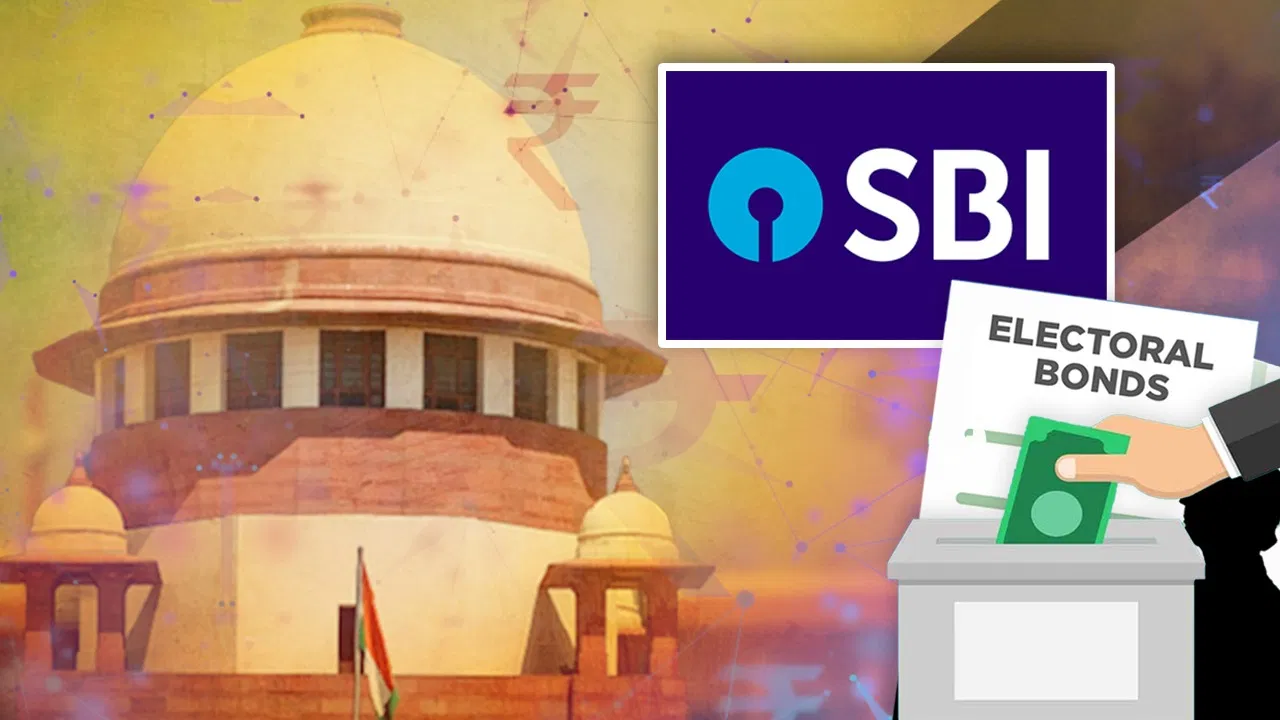In India, the issue of political funding has long been a matter of concern, with transparency and accountability being major areas of contention. To address this, the government introduced the concept of electoral bonds in 2017, presenting it as a mechanism to cleanse political funding and ensure anonymity for donors. However, since their inception, electoral bonds have been the subject of intense debate, with critics questioning their efficacy in curbing corruption and enhancing transparency in the electoral process.
What Are Electoral Bonds?
Electoral bonds are a form of monetary instruments that individuals and corporations can purchase from designated banks and then donate to political parties. These bonds are similar to promissory notes and can be redeemed by recognized political parties within a specified time frame. Unlike traditional methods of political donations, which involve cash transactions or checks, electoral bonds are intended to promote transparency by ensuring that the identity of the donor remains anonymous.
The Controversy Surrounding Electoral Bonds
Despite the government’s assertions that electoral bonds would foster transparency, critics argue that the scheme has several loopholes that undermine its intended purpose. One of the primary concerns raised by opposition parties and civil society organizations is the anonymity afforded to donors. Since electoral bonds do not require disclosure of the donor’s identity, there are fears that they could be used as a tool for funneling black money into the political system, thereby exacerbating corruption.
Moreover, electoral bonds are issued by designated banks, which are required to maintain records of the transactions. However, this information is not made available to the public, raising questions about the lack of transparency in the process. Critics argue that without adequate disclosure requirements, there is no way to hold political parties accountable for their sources of funding, leading to potential conflicts of interest and favoritism.
Another point of contention is the disproportionate advantage electoral bonds provide to the ruling party. Since only parties registered under the Representation of the People Act, 1951, are eligible to receive electoral bonds, smaller or regional parties without a national presence are at a disadvantage. This has led to accusations that electoral bonds favor incumbent parties and undermine the level playing field in elections.
Legal Challenges and Judicial Scrutiny
The introduction of electoral bonds has faced legal challenges from various quarters, with critics questioning the constitutional validity of the scheme. In April 2019, the Supreme Court of India heard a petition filed by an NGO challenging the legality of electoral bonds on the grounds that they violate the principle of transparency in political funding. While the court did not stay the scheme, it directed political parties to submit details of donations received through electoral bonds to the Election Commission of India in a sealed cover.
Subsequently, in April 2020, the Supreme Court delivered its judgment on the matter, upholding the validity of electoral bonds but directing political parties to submit details of donations received through them to the Election Commission of India. The court also ordered political parties to provide details of the identity of donors in sealed covers to the commission. However, critics argue that this falls short of ensuring meaningful transparency, as the information remains inaccessible to the public.
Calls for Reform
In light of the controversies surrounding electoral bonds, there have been calls for reforming the system of political funding in India. Some experts advocate for greater transparency by mandating disclosure of the identity of donors who contribute through electoral bonds. Others suggest imposing stricter regulations on corporate donations to political parties to prevent the misuse of funds.
Furthermore, there is a growing consensus among civil society organizations and opposition parties for the repeal of electoral bonds altogether. They argue that electoral bonds have failed to achieve their intended objectives of curbing corruption and enhancing transparency and have instead facilitated the flow of unaccounted money into the political system.
Supreme Court's Intervention
The Supreme Court’s decision to issue a notice to the State Bank of India marks a significant development in the ongoing legal battle over electoral bonds. The notice, which seeks the bank’s response on the petition challenging the anonymity of donors and lack of transparency in the scheme, underscores the court’s commitment to addressing the concerns raised by various stakeholders regarding political funding in India.
The petition, filed by an association of concerned citizens, alleges that the electoral bond scheme violates the fundamental rights guaranteed under the Constitution of India, including the right to information and the right to free and fair elections. The petitioners argue that the anonymity provided to donors through electoral bonds undermines the transparency of the electoral process and facilitates the flow of black money into politics.
Conclusion
The introduction of electoral bonds was heralded as a landmark reform aimed at cleansing political funding in India. However, their implementation has been marred by controversy and criticism, with concerns raised about their efficacy in promoting transparency and accountability. While the Supreme Court has upheld the validity of electoral bonds, questions remain about the adequacy of the existing framework in addressing the challenges facing the electoral process.
As India continues its journey towards strengthening its democratic institutions, the issue of political funding remains a crucial area that requires urgent attention. Whether through reforms to the existing system or the introduction of alternative mechanisms, it is imperative for policymakers to address the lacunae in the current regime and restore public trust in the electoral process. Only then can India truly uphold the principles of democracy and ensure that the voices of its citizens are heard without undue influence or bias.




